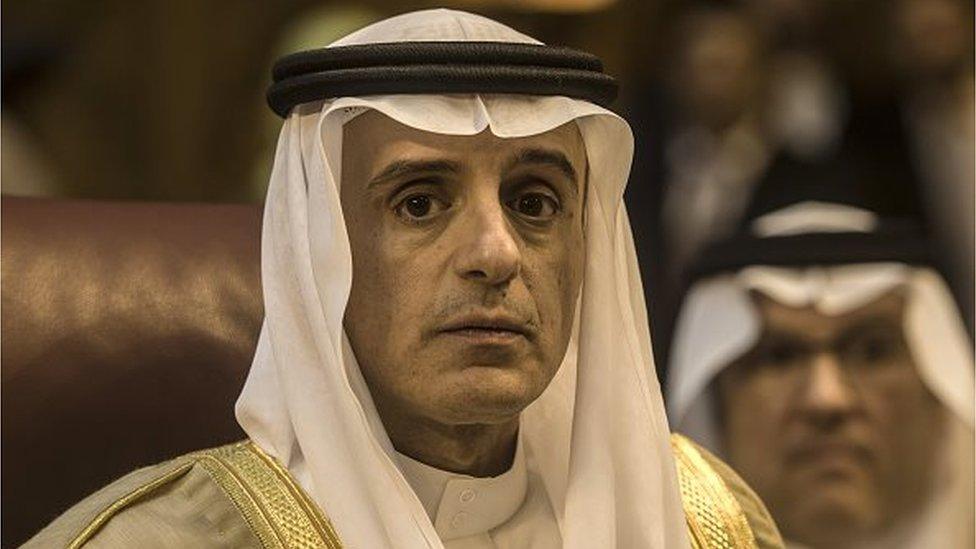Why does Saudi Arabia invest in Southeast Asia?
- Published
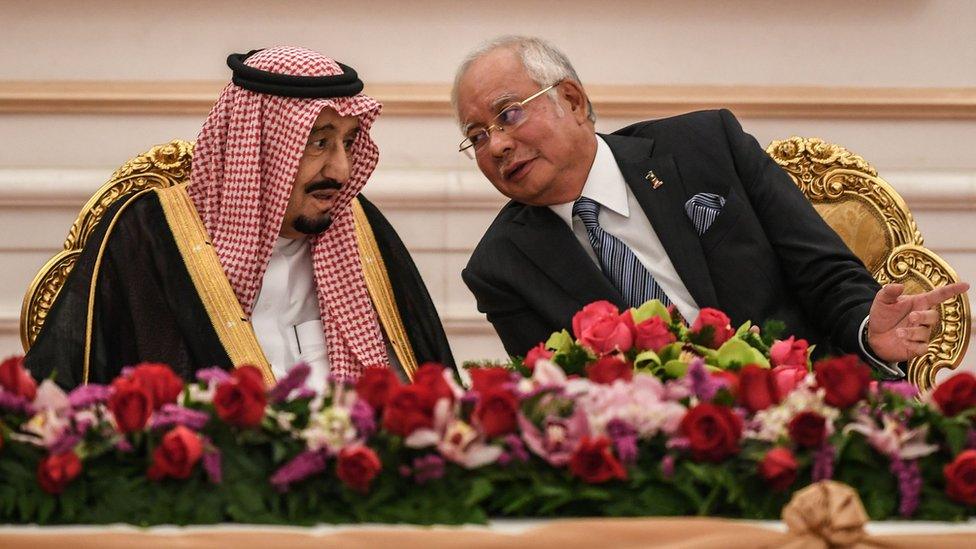
Saudi King Salman and Malaysia's Najib Razak
Malaysia's Prime Minister Najib Razak has announced that Saudi Arabia is investing $7bn (£5.6bn) in an oil refinery in the country, a project that will be set up by Malaysian oil company Petronas.
The investment is the first deal to be signed during Saudi monarch King Salman's Asian tour, and is expected to help boost profits at Petronas, which has been struggling with low oil prices for the past few years.
The visit is the first by a Saudi king to Malaysia in more than a decade, but the ties between the two nations run deep.
The Saudi connection came up in Malaysian politics as recently as last year, when Malaysia's Prime Minister Najib Razak said that the $681m found in his personal bank account was a gift from the royal family, and not money embezzled from funds linked to the state investment fund 1MDB.
The Malaysian anti-corruption commission cleared Mr Najib of all wrongdoing. However, his critics say the Saudi Arabian excuse is just a convenient cover - and several international investigations into the matter continue.
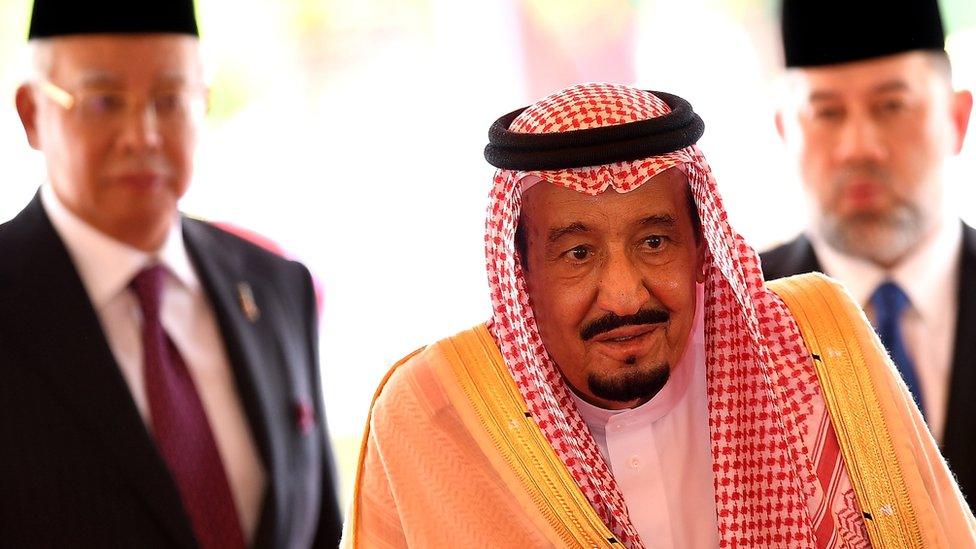
The ties between Malaysia and Saudi Arabia run deep
Meanwhile, King Salman is expected to head to Indonesia, Japan, Brunei and China as part of his tour of the region.
But behind the cheque book diplomacy is the kingdom's desire to extend its influence in the region and attract Asian investors to Saudi Arabia.
Five reasons why Saudi Arabia is investing in Asia:
1. Scratching backs: Saudi Arabia is looking for ways to diversify its economy and reduce its dependence on oil. The kingdom has been hit by the twin challenges of trying to reform its economy at a time when it has been losing money from falling oil prices.
Investing in nations such as Malaysia may not yield much in terms of reciprocal investment, but watch out for any announcements when King Salman is in China and Japan. Riyadh has already invested in a $45bn technology fund with Japanese firm Softbank, and, according to analysts, the Saudis are looking for investments in logistics, infrastructure and technology from Tokyo and Beijing.
2. Keeping customers: It's not just about bringing investment into Saudi Arabia - it's also about maintaining business in Asia for Saudi crude. The big prize is China - which has overtaken the US as the world's biggest importer of oil. Data from 2014 shows that it sources most of its energy needs from the Arab kingdom, external.
But Russia and Iran are fast gaining ground, and China has been investing in oil fields in both nations. Riyadh will be keen to ensure that it remains the top supplier for Beijing.
3. Potential investors: Saudi Aramco, the Arab kingdom's state-run oil firm, is heading for a public share sale in 2018. According to reports this would be the world's biggest share flotation, although there has been some doubt cast on the valuations.
Nevertheless, this trip is very much about drumming up interest from Asian investors into buying a 5% stake in Saudi Aramco. There has also been talk of an Asian share listing, although that has yet to be confirmed.
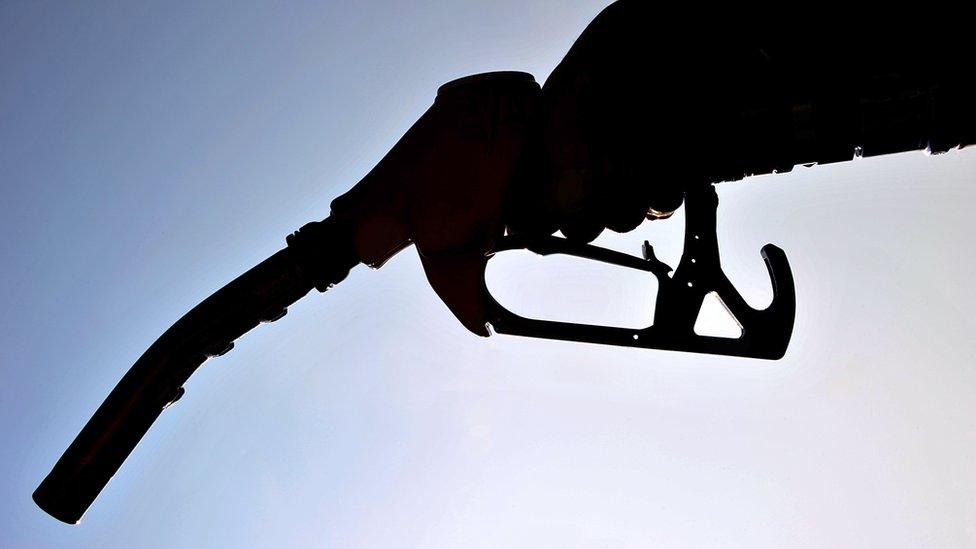
Saudi Arabia is looking for investors in its oil projects
4. Don't cry for me Washington: The US has traditionally been Saudi Arabia's most powerful ally, both in terms of trade and politics. But Donald Trump's recent anti-trade stance may have unnerved some in the kingdom, which could explain why a trip to Asia was planned before one to Washington, external.
Reaching out to Muslim majority nations such as Indonesia and Malaysia makes sense for the Saudis as it won't just be conversations about investment in physical infrastructure - but also about investing in religious pilgrimages and schools.
5. Investment extends Islamic influence: Traditionally Saudi aid and investment into Malaysia and Indonesia has come through the Saudi government, religious charities and foundations, external. But in recent years, there's been growing concern in some quarters over the resultant increase in Wahhabism in South East Asia, at a time when the region is going through what some have termed an Islamic revival.
In Indonesia, human rights groups have pointed to the funding of ultra-orthodox clerics in mosques who often have views that are at odds with the archipelago's interpretation of Islam.
In Malaysia, Marina Mahathir, the daughter of Malaysia's former prime minister Mahathir Mohamad, has said that Malays are losing touch with their identity and in danger of undergoing an "Arab colonisation" - in the way they dress, speak and practise their faith, external.
Saudi Arabia may be keen to deflect this criticism: note that the trip also includes a stop in Indonesia's predominantly Hindu island of Bali.
- Published22 July 2016
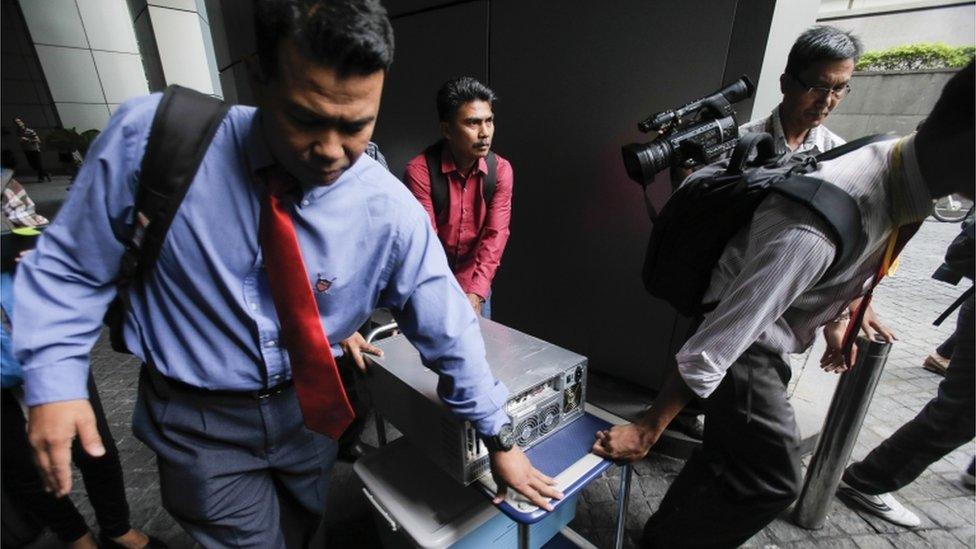
- Published15 April 2016
